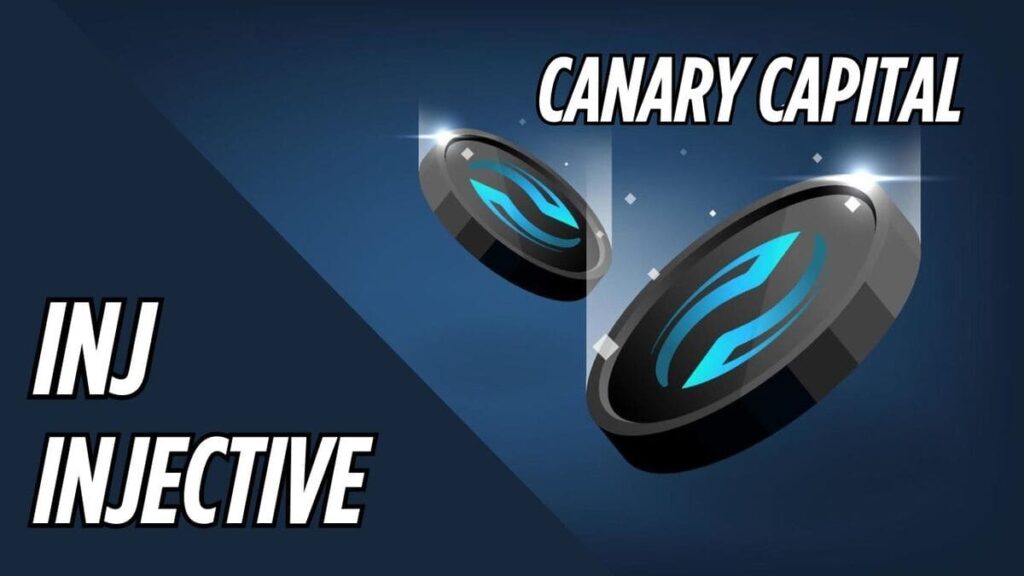TL;DR
- Canary Capital is looking to launch the first staked Injective ETF in the U.S., combining direct exposure to the token with staking rewards.
- The SEC is considering exempting staking from registration requirements, though it hasn’t yet reached a definitive position.
- Canary has already submitted similar proposals for other blockchains and is moving forward with a trust structure in Delaware.
Canary Capital has filed a request with the U.S. Securities and Exchange Commission (SEC) to launch the first staked Injective (INJ) ETF in the country.
The fund would track the price of Injective’s native token while also distributing the staking rewards it generates. The goal is to provide both retail and institutional investors with a regulated entry point into staking-based products without the technical complexities typically associated with the crypto market.
The U.S. regulatory landscape is beginning to show signs of openness toward crypto assets. Although the SEC has yet to adopt a unified stance, some officials — including Commissioner Hester Peirce — have called for clear guidance on whether staking programs fall under securities laws and, if so, how they should be regulated. Current SEC Chair Paul Atkins has indicated that most staking schemes likely wouldn’t require formal registration, opening the door for future approvals.
Canary Has Multiple Products in the Pipeline, Many of Them With Staking
Canary Capital’s filing comes a few weeks after the company established a trust structure in Delaware for the fund — a typical preliminary step before submitting documents to the SEC. As a precedent, the REX-Osprey Solana fund became the first staking ETF approved in the U.S. earlier this month, although it went through a more stringent regulatory process. In July, the SEC also granted partial approval to a mixed fund from Grayscale, but that decision was put on hold shortly after.
Canary has previously filed similar proposals tied to networks such as Tron, Cronos, Sei, Sui, Hedera, Litecoin, and Pengu, aiming to tap into growing interest in direct token exposure with passive income through staking. Meanwhile, 21Shares launched an Injective ETF in Europe, expanding its regional lineup to 43 crypto-tracking products.
Injective operates as an interoperable layer 1 blockchain designed to integrate decentralized finance with traditional financial infrastructure. In 2024, it added native support for the Ethereum Virtual Machine — a move that allowed it to significantly broaden its ecosystem













